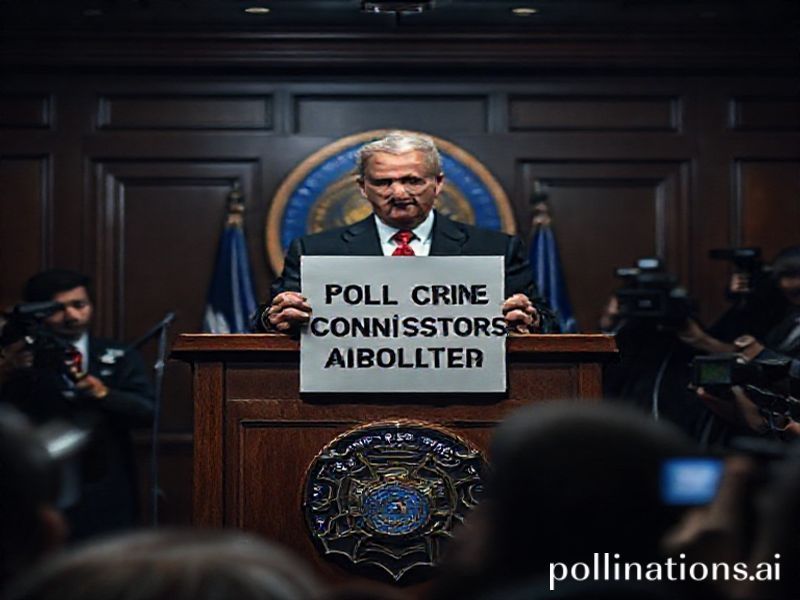Cops and Commissioners: Why the World is Watching the UK’s Policing Power Play
# **Cops and Commissioners: Why the World is Watching the UK’s Policing Power Play**
In a move that’s got people talking from London to Los Angeles, the UK government has announced plans to abolish Police and Crime Commissioners (PCCs). For those of you scratching your heads, PCCs are the elected officials tasked with overseeing police forces in England and Wales. Think of them as the “adults in the room” who make sure the cops aren’t running amok—or at least, that’s the idea. But why is this trending globally, and what does it mean for the future of policing? Let’s dive in.
### **Why Is This Trending?**
First off, the idea of dismantling a layer of government oversight is always going to grab headlines. It’s like canceling the referee in a football match—suddenly, everyone’s wondering who’s going to keep things fair. The announcement has sparked debates on social media, with hashtags like #PCCAbolished and #PolicingReform trending. People are asking: Is this a step toward more efficient policing, or a dangerous power grab?
The timing is also key. With global conversations around police accountability at an all-time high—thanks to movements like Black Lives Matter—the UK’s decision feels like a cultural Rorschach test. Some see it as a bold reform; others see it as a regression. Either way, it’s got people talking, and in the age of viral discourse, that’s all it takes to go global.
### **Cultural Context: The Rise and Fall of PCCs**
PCCs were introduced in 2012 as part of a broader push for local democracy. The idea was to give communities a direct say in how their police forces operated. Sounds good in theory, right? But in practice, PCCs have faced criticism for being ineffective, expensive, and sometimes even controversial. Some have been accused of politicizing policing, while others have been praised for bringing much-needed transparency.
Now, the UK government is arguing that PCCs have outlived their usefulness. Instead, they’re proposing to replace them with a new system that consolidates power under local councils. The idea is to streamline decision-making and make policing more responsive to local needs. But critics are skeptical, arguing that this could lead to even less accountability.
### **Social Impact: What’s at Stake?**
The abolition of PCCs isn’t just a bureaucratic shuffle—it’s a statement about how society views policing. On one hand, proponents argue that removing an unnecessary layer of bureaucracy will make policing more efficient. On the other, opponents worry that this could lead to a power vacuum, with less oversight and more potential for abuse.
This debate isn’t just happening in the UK. Countries around the world are grappling with similar questions about police accountability. From the US to France, people are asking: How do we balance the need for effective policing with the need for transparency and accountability? The UK’s decision could set a precedent, for better or worse.
### **Why This Matters**
At its core, this story is about power—who has it, who oversees it, and how it’s used. It’s a microcosm of larger debates about democracy, accountability, and public trust. And in an era where trust in institutions is at an all-time low, the stakes couldn’t be higher.
So, whether you’re a UK resident, a global citizen, or just someone who loves a good political drama, this story is worth paying attention to. Because when it comes to policing, the world is watching—and the UK’s next move could set the tone for years to come.
—







